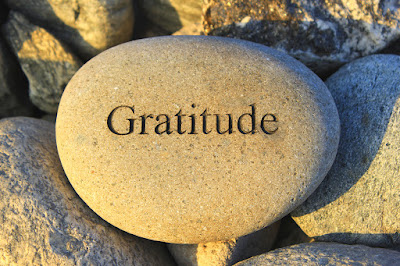"Poetic
thought does not separate the imaginative from the cognitive, emotion from the
rational, empathy from deep investigation. It lights up all the senses and
perceptions and cultivates an intense relationship with what is all around
us. It constructs thoughts that are not conformist. And this creates two important elements:
solidarity and participation, both of which are the foundation of
democracy."
Vea Vecchi
Last week the above quote arrived in an email from the Reggio-Inspired Network of Minnesota announcing the study group’s
next book. (Thank you very much, Lani.) Art and Creativity in Reggio Emilia is by Vea Vecchi, one of
the original, and much revered, atelieristas of the schools in Reggio.
I was drawn to this brief
quote, reading it once, then twice, and then for a third time. My thinking is reliably
lifted and moved by something from Vea. Then the opening, “Poetic thought,…”
brought to mind how the Poetry and Precision of the language of Reggio
inspires and challenges me. On the third reading, the phrase, does not
separate, leapt out. Working on connection in knowledge, being and
becoming, it opens possibilities we don’t often explore, shining a light on the
value of and.
With Vea’s invitation, we
remove the limits on imagination and the cognitive working together to express,
create, and innovate. We free emotion and the rational to engage and build new understanding
and insight. We step back to allow empathy and deep investigation to reveal and
guide choices and decisions. We are not restricted to either one–emotion–or the
other–the rational in exploring and unfolding our ideas and our potential.
Grammatically, and is a conjunction that connects
words, sentences, phrases, or clauses. A cognitive tool, it creates new
combinations, balances incompatibilities, links unlikely pairs, and juxtaposes apparent
opposites. Doing and knowing; play and learning; the individual and the group; big
and small; idealist and realist; nice and necessary; past, present and future.
Science and humanities
opens a third door for exploring, uncovering new insights about science and
solving complex problems. An interdisciplinary philosophy like that of the
Exploratorium’s science and humanities and human perception brims with and.
The relationships museums
value and cultivate with their stakeholders, members, friends, and partners,
rest solidly on a belief in the power of and. Museums and their partners
take on big projects that can strengthen families and help communities manage,
if not solve, community challenges.
Vital to building bridges
among people and creating cohesion, and connects people inside and
outside of our institutions, bringing them together, sharing and co-creating. In
times of dramatic or uneasy change, like now, and helps rewrite the
conversation of conflict, politics, and exclusion. It advances “solidarity and participation” which Vea writes
about, as "the foundation of democracy."
Resilience for
individuals, institutions, and communities relies on surviving, adapting and
thriving in the face of social, economic, and physical challenges. To navigate
these challenges we need to manage competing demands: conserve and grow; oil
and water; certainty and uncertainty. And assists us in pushing beyond
the apparent limits of knowing, thinking, doing, risking.
A good use of and
is not just a longer string of ands. Rather, it reveals (unseen)
connections, recognizes complexity, awakens possibilities, crosses boundaries,
and alerts us to promising overlaps. And brings elasticity to our
thinking and makes our world richer. It is collaborative, inclusive,
reciprocal, and expansive.
And for all of this, and more, I am grateful.

What a beautiful essay Jeanne. Thank you!
ReplyDelete-Mary
Mary, I am glad you enjoyed it.
ReplyDelete